|
Radschool Association Magazine - Vol 28 Page 8 |
|
Privacy Policy | Editorial Policy | Join the Association | List of Members | Contact us | Index | Print this page |
|
|
|
RTFV/35 Sqn Anniversary.
Stew Bonet (right) has organised a “Get Together” to celebrate the 45th anniversary of the formation of RTFV/35 Sqn – the Caribou operations in Viet Nam.
The “Get Together” will be held at Coffs Harbour over the weekend, Friday 31st July to Sunday 2nd August. If you are thinking of going, please download the registration form from HERE, fill it in and get it back to Stew ASAP. There is a listing of planned activities HERE
The RAAF began its service in the Vietnam War on 8 August 1964 when three Caribou aircraft of the RAAF Transport Flight Vietnam landed at Vung Tau. Three more aircraft arrived on 29 August. In 1965 a seventh aircraft was added and on the 1st June 1966, RTFV became 35 (Transport) Squadron. For many veterans, however, the squadron will always be remembered as ‘Wallaby Airlines’.
Benign though they sound, ‘milk runs’ involved certain dangers. Airfields at Special Forces outposts, where the Caribous often landed, were usually outside the camp’s perimeter. Attacks on the aircraft in the dangerous moments of take-off and landing were always possible, but even where the enemy was absent the airfields’ very location and condition could prove hazardous. For 35 Squadron crews there was little margin for error, some airstrips were just a few metres longer than the minimum needed for a Caribou to take off. Others eroded under the flooding monsoon rains and more than one 35 Squadron Caribou crashed on these remote landing strips. After 1966 the squadron’s workload increased further when Luscombe Field was opened at Nui Dat. Now the Australian Task Force base was part of the Caribous’ regular run and work with the 1st Australian Task Force became a regular feature of the squadrons’ operations.
Australia's Caribou detachment in Vietnam began winding down in June 1971 and the last aircraft arrived back at Richmond on the 26th February, 1972. During nearly eight years of operations in Vietnam, RTFV/35Sqn’s Caribous carried over 600,000 passengers. During their time in Vietnam, the squadron carried some very strange cargo - see HERE.
Further information on the Anniversary Celebration can be obtained HERE
Marconi
In our last issue, Peter Holmes was talking about Marconi transceivers. He’s sent us a picture of the set (the LF/HF Marconi Transceiver T1154-R1155, right) about which he was talking. This photo was of a radio operator in a Lancaster bomber in 1943.
He says the transmitter (T1154) is on top in the photo at right, with the large tuning knobs of Red, Yellow and Blue – see below.
|
|
|
|
The Greyhound – John Elliot
I’m not all that good on names, especially after all this time, but I think the bloke in question in this story was Graham Beckman and I’m not sure if this happened during my 1963-64 training as a Telsop or in 1968 when I was back at Radschool retraining as a Telegraphist, BUT it’s a story about a Graham and the greyhound.
Graham decided to take me under his wing and teach me the finer points of greyhound racing.
This damn dog of his could not win a greyhound race if
it started first and was the only dog in the race, but Graham had the
faith (and the force??), the right books on training and he reckoned he
only used scientific
I happened to drop by his house one evening to see Graham, but he was not home. His wife and kids where there and although amused when I walked inside, I was not surprised to see the bloody dog (I'd also been encouraged by Graham to bet on the damn thing and seem to remember always loosing), in all its glory sitting by the fire place sharing an ice-cream with the kids.
Wife said that she and the kids felt sorry for the dog on cold nights and liked to bring it inside and give it a treat. I promised to not tell, but I only backed the dog for a place after that, and then only under pressure.
The Scope Iron.
Last issue we had a story on someone who deliberately and maliciously took advantage of a poor little equippo by substituting a dummied up piece of wood, metal and wire and passing it off as a U/S scope iron. The idea behind all this "skull duggery" was the full and premeditated intention of extracting from store a new iron and transformer.
We have since discovered that the scoundrel in question was none other than that dastardly rascal from across the sand - Ted McEvoy.
We hope the Service Police don’t get to hear about this as there’s sure to be trouble…..
My job at Myer.
After landing my new job as a Myer greeter, a good find
for a retiree, I lasted less than a day......
About two hours into my first day on the job a very loud, unattractive, mean-acting woman walked into the store with her two kids, yelling obscenities at them all the way through the entrance.
As I had been instructed, I said pleasantly, 'Good morning Madam and welcome to Myer. Lovely children you have there. Are they twins?' The ugly woman stopped yelling long enough to say, “Hell no, they ain't twins. The oldest one's 9, and the other one's 7. Why the hell would you think they're twins? Are you blind, or just stupid?”
So I replied, “I'm neither blind nor stupid, Ma'am, I just couldn't believe someone slept with you twice. Have a good day and thank you for shopping at Myer."
My supervisor said I probably wasn't cut out for this line of work.
|
|
Landing on an aircraft carrier during the day is like sex, it's either good or it's great. Landing on the ship at night is like a trip to the dentist, you may get away with no pain, but you just don't feel comfortable. |
|
Sir Keith Park.
" If ever any one man won the battle of Britain, he did. I don’t believe it is recognised how much this one man did, with his leadership, his calm judgement and his skill, to save not only this country, but the world. ” Lord Tedder GCB, Marshal of the Royal Air Force, 1947.
Sir Keith Park commanded the Royal Air Force, 11 Group Fighter Command, the squadrons which bore the brunt of the Battle of Britain. The failure of Nazi Germany to defeat the RAF in 1940 was Hitler’s first major setback – and forced him to call off his planned invasion of Britain.
Keith Park was born in New Zealand in 1892 and fought with the NZ Army in the First World War at Gallipoli and the Somme before joining the RAF. Park flew the new Bristol Fighter (a two-seat biplane fighter and reconnaissance aircraft - below) and soon achieved successes against German fighters, earning the Military Cross for shooting down one, two "out of control" and damaging a fourth enemy during one sortie.
After a break from flying he returned to France as a Major to command 48 Squadron. There he showed his ability as a tough but fair commander, showing discipline, leadership and an understanding of the technical aspects of air warfare.
By the end of the war the strain of command had all but exhausted Park, but he had achieved much as a pilot and commander. He had earned a bar to his Military Cross, as well as the Distinguished Flying Cross and the French Croix de Guerre. His final tally of aircraft claims was five destroyed and 14 (and one shared) "out of control". He was also shot down twice during this period.
At the outbreak of the Second World War, Park was commanding the RAF squadrons that defended the South East of England. Another hero, who fought in the Battle of Britain, the RAF pilot Douglas Bader, said that “the awesome responsibility for this country’s survival rested squarely on Keith Park’s shoulders. |
|
A man was sobbing in a bar. His friend asked him 'why?' His friend said: "you're lucky, she charges me $250! |
|
Why a memorial Statue?
There are many who say that the
lack of a suitable memorial to Keith Clark is an oversight that needs to
be
In addition to his considerable achievements in commanding 11 Group, he also commanded the RAF in Malta (1942-43) and under Mountbatten in 1945 he was Allied Air Commander-In-Chief of South East Asia. With his previously distinguished career in the NZ and British Army, Sir Keith Park’s accomplishments in various theatres demonstrate what a remarkable man he was.
Trafalgar Square currently
celebrates some of the UK’s military leaders – naval and army. It can
truly be termed a
There is no conclusion other than if the Battle of Britain in 1940 had been lost, then the outcome of the Second World War, and our current lives, would have been very different.
If you would like to support the campaign, please sign the petition – click HERE |
|
A bloke comes home from work, walks into his bedroom, and finds a stranger having sex with his wife. He says, "What the hell are you two doing?" His wife turns to the stranger and says, "See? I told you he was stupid." |
|
Back Go to page: 1 2 3 4 5 6 7 8 9 10 11 12 13 14 15 16 17 18 19 20 Forward |
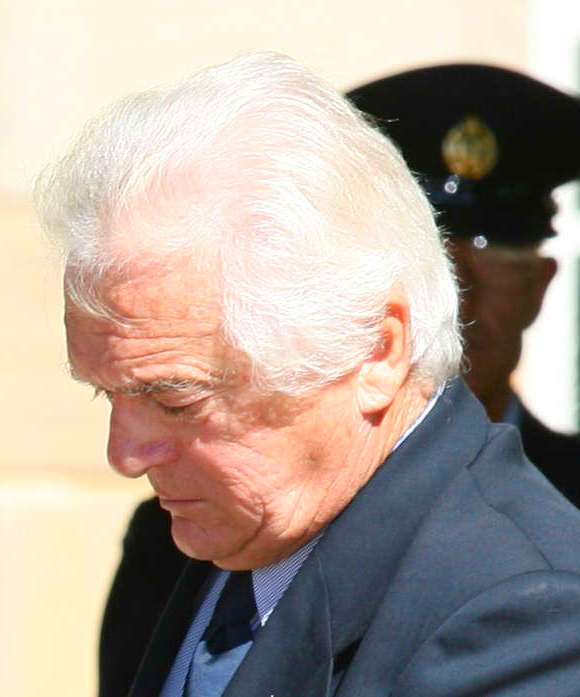
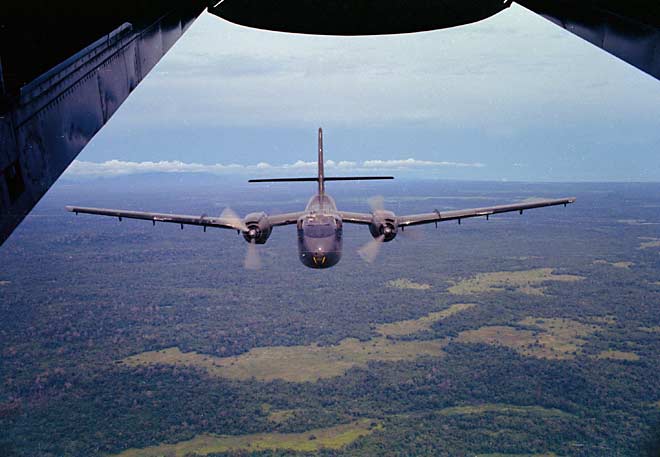 The
bulk of 35 Squadron’s operations in Vietnam were known as ‘milk runs’ -
routine, and by implication, relatively safe flights but often they also
carried out wide-ranging unscheduled tasks, allocated at short notice,
including transporting military and civilian passengers, medical
evacuations and delivering mail or general cargo (food, fuel, livestock,
ammunition, spare parts.)
The
bulk of 35 Squadron’s operations in Vietnam were known as ‘milk runs’ -
routine, and by implication, relatively safe flights but often they also
carried out wide-ranging unscheduled tasks, allocated at short notice,
including transporting military and civilian passengers, medical
evacuations and delivering mail or general cargo (food, fuel, livestock,
ammunition, spare parts.).jpg)

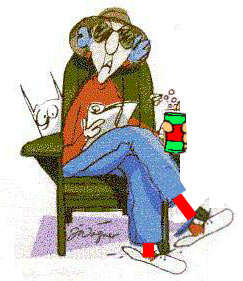

 Many
in the UK are campaigning for a statue to Park, the leader of The Few, to
be erected on the fourth plinth in London’s Trafalgar Square beneath
Nelson’s Column – a memorial to another hero who defended UK’s freedom in
her hour of need.
Many
in the UK are campaigning for a statue to Park, the leader of The Few, to
be erected on the fourth plinth in London’s Trafalgar Square beneath
Nelson’s Column – a memorial to another hero who defended UK’s freedom in
her hour of need. 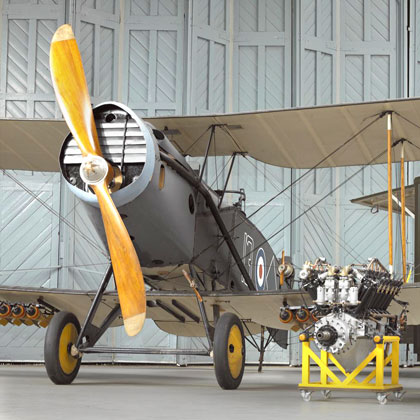
 addressed. (The SE of England includes: Kent, Surrey, East and West
Sussex, Essex, Hertfordshire, Buckinghamshire, Oxfordshire, Berkshire,
Hampshire, and the Isle of Wight).
addressed. (The SE of England includes: Kent, Surrey, East and West
Sussex, Essex, Hertfordshire, Buckinghamshire, Oxfordshire, Berkshire,
Hampshire, and the Isle of Wight).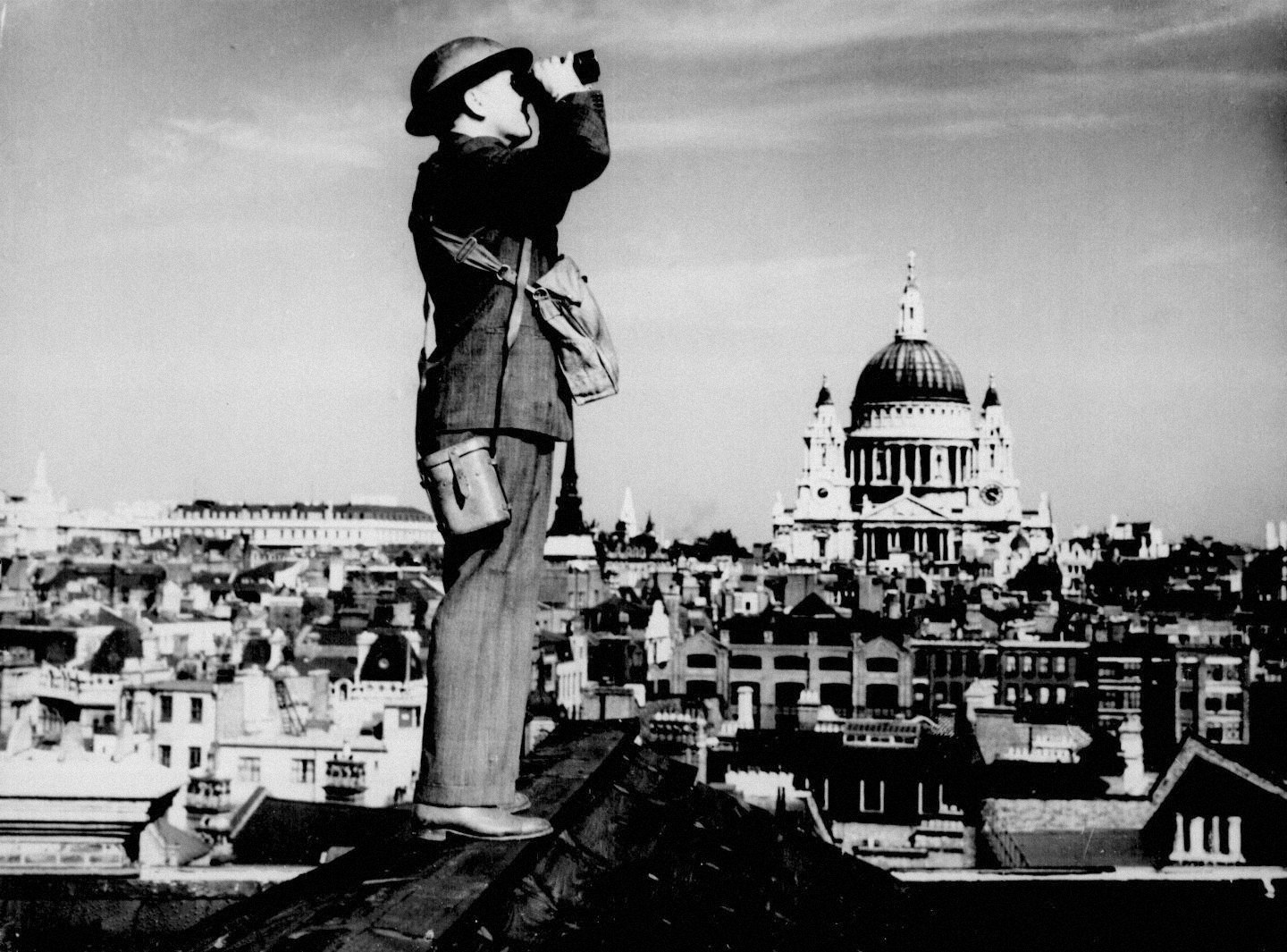 ‘Square
for Heroes’. Incorporating a statue of Sir Keith Park would appropriately
acknowledge the accomplishments and feats he secured in both world wars,
but especially in defending the South East and London during the Battle of
Britain. Such a statue would add to those in Trafalgar Square and
celebrate his steadfastness in defence of the UK and his unique blend of
management and leadership style that enabled the pilots, aircrew and
ground support staff to defend the UK and the free world during those dark
days.
‘Square
for Heroes’. Incorporating a statue of Sir Keith Park would appropriately
acknowledge the accomplishments and feats he secured in both world wars,
but especially in defending the South East and London during the Battle of
Britain. Such a statue would add to those in Trafalgar Square and
celebrate his steadfastness in defence of the UK and his unique blend of
management and leadership style that enabled the pilots, aircrew and
ground support staff to defend the UK and the free world during those dark
days.